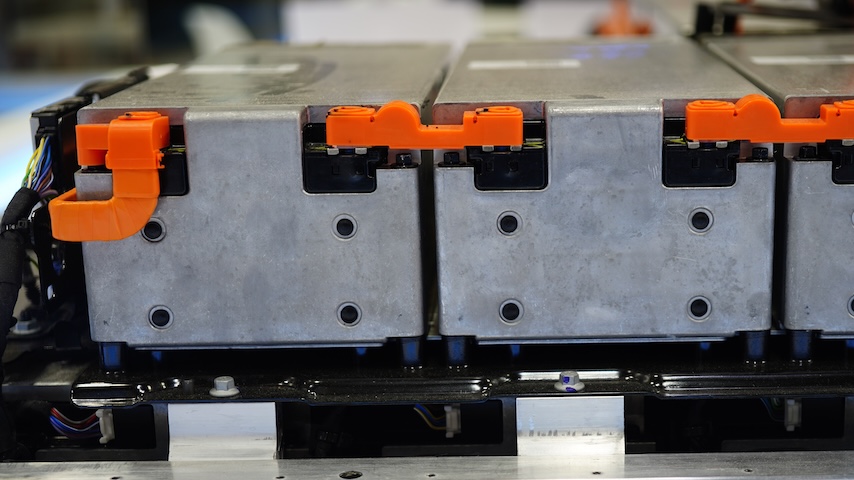House Armed Services Committee’s Future of Defense Task Force Releases 2020 Report Highlighting AI and Domestic Manufacturing Capabilities
House Armed Services Committee’s Future of Defense Task Force Releases 2020 Report Highlighting AI and Domestic Manufacturing Capabilities
The bipartisan House Armed Services Committee’s Future of Defense Task Force has released its 2020 report detailing where the government should consider investing to ensure U.S. global leadership. The report’s findings highlight how past government-sponsored science and technology research has allowed the U.S. to maintain an economic and military lead over other nations. However, the report warns that China will soon overtake the United States as the world's largest economy, and despite historic defense budgets, the United States is failing to keep pace with China’s and Russia’s modernization.
The report calls out artificial intelligence, biotechnology, and quantum computing as essential to remaining competitive. “To remain competitive, the United States must prioritize the development of emerging technologies over fielding and maintaining legacy systems” and “technological advancements in artificial intelligence and biotechnology will have an outsized impact on national security.” The report also puts significant emphasis on increased federal investment in basic research, while simultaneously encouraging greater cooperation among the private sector so that new technologies can be adopted more quickly.
AI continues to be a focus area, with many report recommendations focusing on increased adoption of AI and further development of the technology. The very first recommendation laid out in the report starts that “United States must undertake and win the artificial intelligence race by leading in the invention and deployment of AI while establishing the standards for its public and private use.”
Ensuring a resilient supply chain is also a major concern of the Task Force and is widely represented in the report suggesting that the U.S. needs to ensure reliable manufacturing sources while also incentivizing the return of domestic manufacturing capabilities. ASME Manufacturing Public Policy Task Force has recently released its own White Paper titled The Hazards of the Global Supply Chain, which falls inline with these recommendations.
The report calls out artificial intelligence, biotechnology, and quantum computing as essential to remaining competitive. “To remain competitive, the United States must prioritize the development of emerging technologies over fielding and maintaining legacy systems” and “technological advancements in artificial intelligence and biotechnology will have an outsized impact on national security.” The report also puts significant emphasis on increased federal investment in basic research, while simultaneously encouraging greater cooperation among the private sector so that new technologies can be adopted more quickly.
AI continues to be a focus area, with many report recommendations focusing on increased adoption of AI and further development of the technology. The very first recommendation laid out in the report starts that “United States must undertake and win the artificial intelligence race by leading in the invention and deployment of AI while establishing the standards for its public and private use.”
Ensuring a resilient supply chain is also a major concern of the Task Force and is widely represented in the report suggesting that the U.S. needs to ensure reliable manufacturing sources while also incentivizing the return of domestic manufacturing capabilities. ASME Manufacturing Public Policy Task Force has recently released its own White Paper titled The Hazards of the Global Supply Chain, which falls inline with these recommendations.







